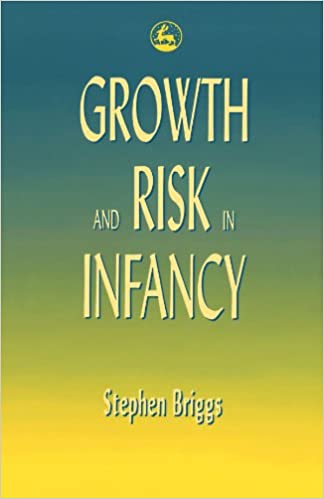Book chapters (from 2005)
S.Briggs (2018) Working with troubled adolescents: observation as a key skill for practitioners, In Parkinson, C., Hingley-Jones H., Allain L. (eds) Observation in Health and Social Care Applications for Learning, Research and Practice with Children and Adults London, Jessica Kingsley
S Briggs 2012 Observation, containment, counter-transference: the contribution of psychoanalytic thinking to contemporary relationship based social work practice in A Briggs, ed, Reflections on the work of Hamish Canham, London, Karnac
S Briggs and L Lyon 2012 Time limited psychodynamic psychotherapy for adolescents and young adults, in A Lemma (ed) Contemporary Developments in Adult and Young Adult Therapy, The work of the Tavistock and Portman Clinics, London, Karnac
S Briggs and J Behringer 2012 Linking infant observation research and other paradigms in C Urwin and J Sternberg eds Infant observation and Research: emotional Processes in Everyday Lives London, Karnac
S Briggs and L Priddis 2010 Feeding difficulties in infancy and childhood: psychoanalytic perspectives in Southall, A (ed) Feeding difficulties in childhood, Oxford, Radcliffe Medical Press, 2nd Edition
S Briggs 2010 Suicide prevention and working with suicidal people; the contribution of psychoanalysis in Patrick, M and Lemma, A. Off the Couch: Contemporary Psychoanalytic Applications London, Routledge
S Briggs 2008 Postvention: the impact of suicide and suicidal behaviour on family members, professionals and organisations in S Briggs, A Lemma and W Crouch (ed) 2008 Relating to self-harm and suicide: psychoanalytic perspectives on practice, theory and research. London, Routledge
S. Briggs 2005, Psychoanalytic research in the era of evidence-based practice. In Bower M. (ed) Psychoanalytic theory for social work practice. London, Routledge, pages 15-29.





